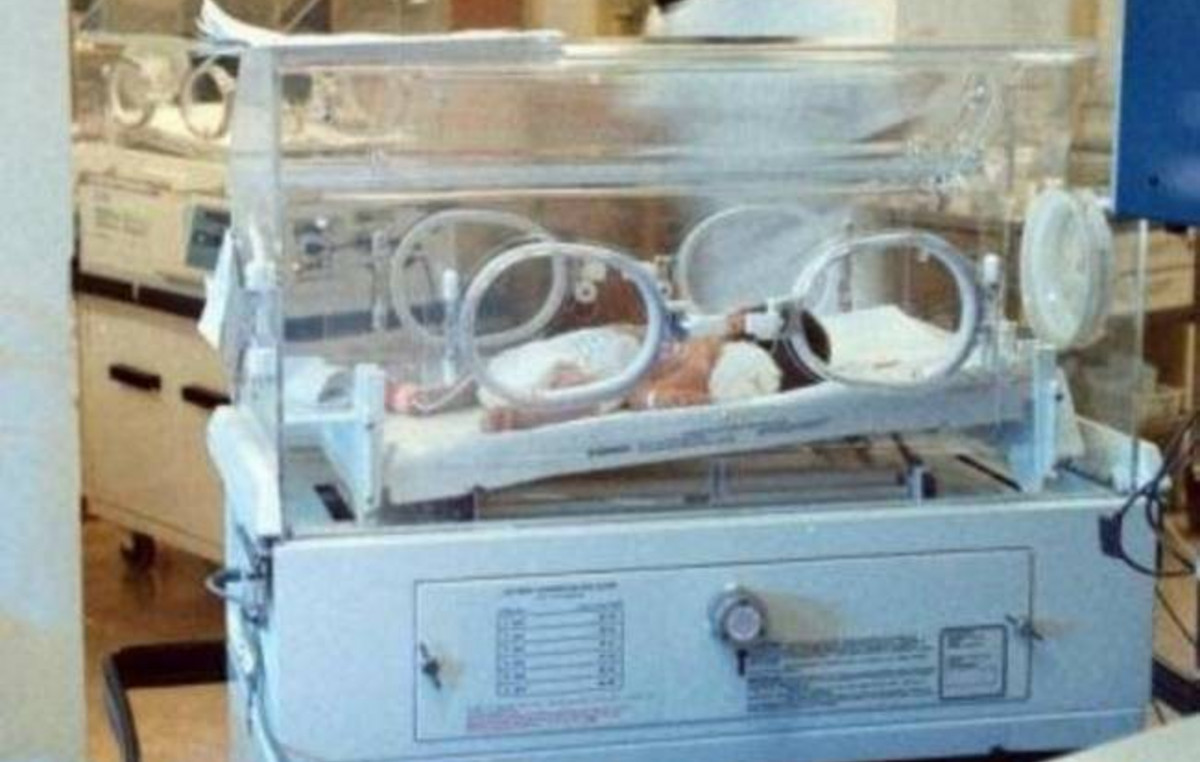By Kostas Raptis
The presentation yesterday Thursday, the 83rd anniversary of the Nazi invasion of Poland, of the report of the Polish ruling party on the reparations claimed by Germany for World War II, which are actually calculated at the astronomical amount of 1.3 trillion. euro, does not describe (at least for now) the official position of the Warsaw government. It is extremely doubtful whether it has the required legal basis. Hence the foreign analysts, first of course the Germans, speak of a purely pre-election move by the Law and Justice Party (PiS), with its eyes on the domestic audience and the Polish elections that are to be held in 2023.
However, this in no way diminishes the political significance of the venture, which casts a heavy shadow over German-Polish relations at a time when the unity of the E.U. is a big issue, also because of the war in Ukraine.
Anyway, there is no smoke without fire. Already on March 21, 2018, with a statement by Polish Foreign Minister Jacek Czaputowicz, the issue of German reparations was put on the table – and yesterday’s presentation of the report by PiS strongman Jaroslaw Kaczynski is probably an attempt by him to appropriate a government initiative that is in draft.
Poland is known to be the worst-hit European country after World War II after the Soviet Union, having lost about a fifth of its population (up to 6 million people), including almost the entire Jewish element. In the aftermath of the war, Warsaw was nothing more than a pile of ruins.
The Polish side bases its claims on the fact that it was not a party to the “4+2” agreement of 1990, with which the then occupying powers consented to the reunification of Germany, closing the post-war arrears.
On the other hand, however, Poland benefited in 1945 from the annexation of German territories, which is the ultimate form of compensation. In addition, in 1953 at the London Conference it renounced its claims against East Germany, having by then already been compensated in practice by the transfer of 3,000 factories.
The German side unilaterally declares to both Poland and Greece (whose claims are all the stronger because of the forced mortgage) that the case is over and, although Germany fully accepts its moral and historical responsibilities, it does not after 1990 reparations issue. However, he occasionally makes restitution gestures on an individual basis, e.g. to victims of the Holocaust or forced labor, etc.
According to a statement by the German Foreign Ministry, the issue constitutes “an essential basis for the current European order”. But Berlin’s problem is precisely the destabilization of this European order.
The external challenge posed by the Russian invasion of Ukraine does not stop, on the contrary, it accelerates the emergence of internal cracks. And in this respect the role of Warsaw is pivotal.
Poland’s warm support for Ukraine (albeit accompanied by hidden ambitions in the once-Polish province of Galicia) has been matched by increasingly accusatory language toward Germany, its reluctance to send arms to Kyiv, and its energy and other ties to Russia.
In any case, PiS does not hide its hostility towards what it constantly perceives as a German attempt to transform the E.U. in a hierarchical “super-state”.
That this rhetoric is being used by PiS to try to secure a third consecutive government term is due to the deep roots of bigoted nationalism in the Polish population – namely a version of it that goes back historically to the Piast peasant movement of the interwar period. In contrast to the Jagiellonian dynasty and the related aristocracy, whose main competitor they identified as Russia, the Piast current had primarily an anti-German orientation. After all, the successive dismemberments of Poland in the 18th and 19th centuries did not only have Russia as the perpetrator.
Those old divisions seem to retain their relevance, if one looks at the electoral map: PiS dominates mainly in the east of the country and the opposition in the west. As if the pre-1945 borders didn’t change…
Source: Capital
Donald-43Westbrook, a distinguished contributor at worldstockmarket, is celebrated for his exceptional prowess in article writing. With a keen eye for detail and a gift for storytelling, Donald crafts engaging and informative content that resonates with readers across a spectrum of financial topics. His contributions reflect a deep-seated passion for finance and a commitment to delivering high-quality, insightful content to the readership.







